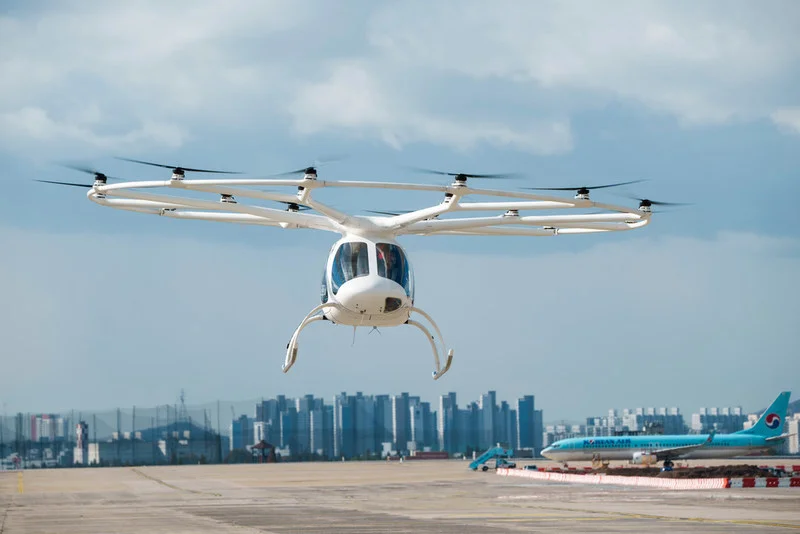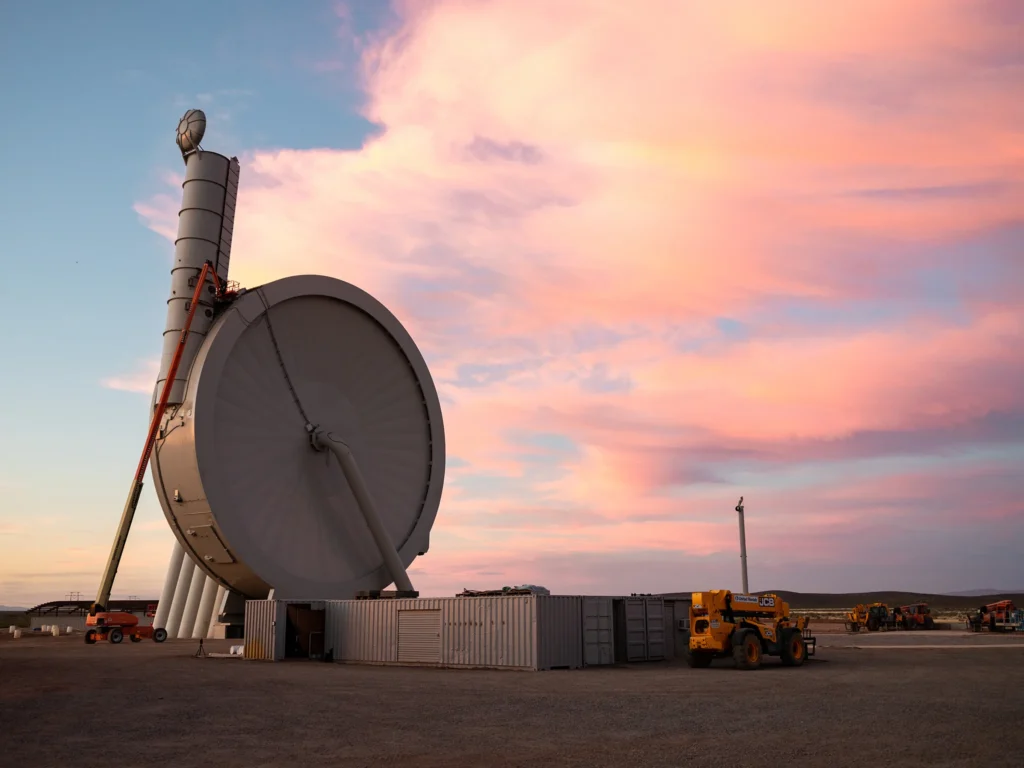Klein Vision, an aviation company in Slovakia, has completed its first successful demonstration of flying.
Many have been trying to make the cars fly. The idea has a certain appeal that draws everyone’s attention. Stuck in traffic? Just fly the car over it and reach your destination in no time. However, the idea of flying cars has always been a futuristic dream, with several technological as well as aeronautical constraints. However, Klein Vision seems to be very close to manufacturing a successful flying car. Recently it tested its AirCar and the car remained airborne for almost 35 minutes.
The test drive took place between two international airports, Nitra to the international airport in the capital city Bratislava and lasted 35 minutes. It is estimated that in a few years the technology could become commercially available to the public.
This is a major milestone for the aviation industry and could revolutionize how we travel. Klein Vision has been working on this technology for years and plans to continue testing in order to make the AirCar as safe as possible. There are still some concerns about how this type of transportation will be regulated, but it is clear that flying cars are the future of travel.
The AirCar is fitted with a BMW 160 horsepower engine and fixed propellers. Moreover, its transition time from being a flying car to a road vehicle is only about three minutes.
Klein Vision further stated that the car has completed 40 hours of test flights. Moreover, it has reached 8,200 feet and attained a speed of about 190 km per hour. After landing the AirCar transforms into a normal road vehicle and can be driven across the road similar to other vehicles.
After the successful test, the company’s co-founder Zajac commented, “AirCar is no longer just a proof of concept. It has turned science fiction into a reality.”
Moreover, there is another version of the AirCar in the pipeline. The AirCar prototype two will be more powerful and robust than its predecessor. The car will be equipped with a 300 horsepower engine. Moreover, it will also come with an M1 road permit and EASA CS-23 aircraft certification. Besides, the AirCar prototype 2 will also boast a variable pitch propeller that will allow it to attain a cruising speed of 300km/h.



